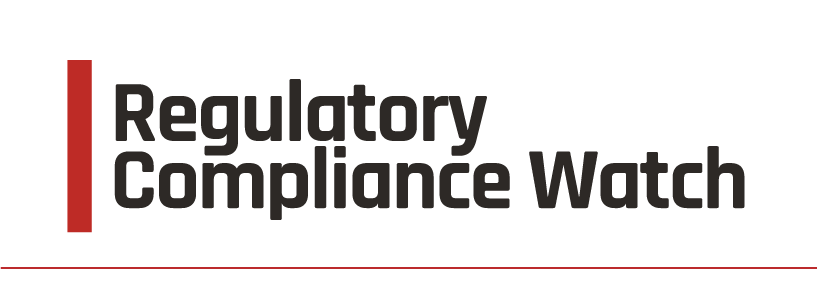Another broker-dealer has been sanctioned for failing to waive mutual fund sales charges for eligible charitable organizations and retirement accounts. But it avoided additional financial penalties after being credited by regulators for “extraordinary cooperation.”
BB&T Securities agreed to a settlement under which it would pay over $1.4 million in restitution and interest to some 1,500 accounts that were due—but did not receive—mutual fund sales charge waivers over six years.
FINRA charged the firm with failing to supervise and implement adequate policies and procedures but agreed under the settlement to give credit to the firm for uncovering the problem, developing a remediation plan and reporting to regulators.
The settlement is the latest fallout of a June 2014 enforcement action in which Merrill Lynch was fined $8 million for sales charge practice violations. Merrill also agreed to make $24 million in restitution.
In the wake of that settlement, FINRA has rewarded other firms that undertook internal investigations that uncovered similar practices. Three other broker-dealers, including Wells Fargo Advisors, LPL Financial and Raymond James Financial, reached settlements last July that required them to pay more than $30 million in restitution but no fines or penalties (IA Watch, July 7, 2015).
SRO details credit-worthy conduct
Around the time of that settlement, BB&T began its own review of sales charge practices, and uncovered 1,594 accounts that did not receive waivers to which they were entitled, according to FINRA. The overcharges date from July 2009 to December 2015.
FINRA said BB&T displayed extraordinary cooperation for having:
- initiated, prior to detection or intervention by a regulator, an investigation to identify whether eligible customers received sales charge waivers during the relevant period;
- promptly established a plan of remediation for eligible customers who did not receive appropriate sales charge waivers;
- promptly self-reported to FINRA;
- promptly taken action and remedial steps to correct the violative conduct; and
- employed subsequent corrective measures, prior to detection or intervention by a regulator, to revise its procedures to avoid recurrence of the misconduct.

